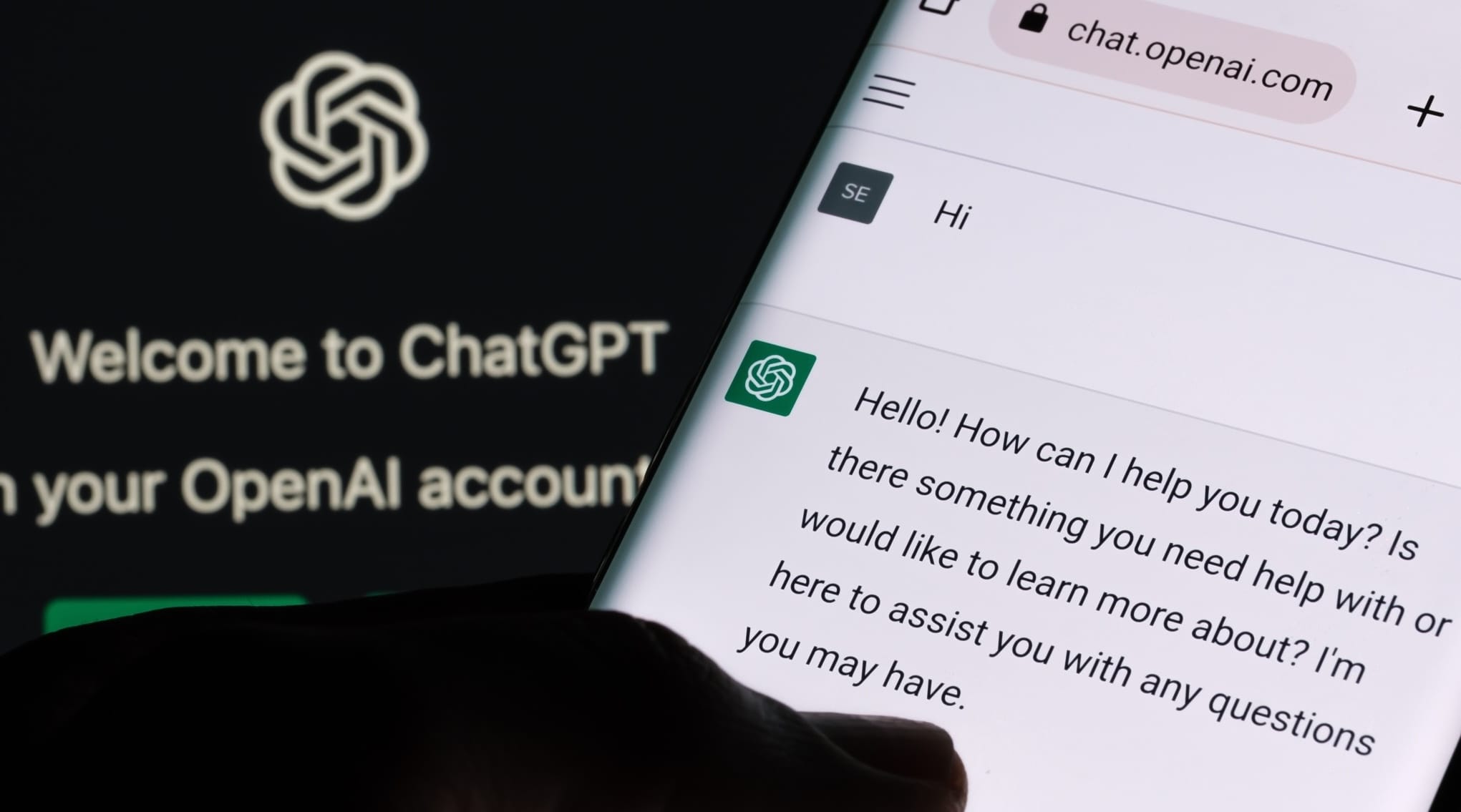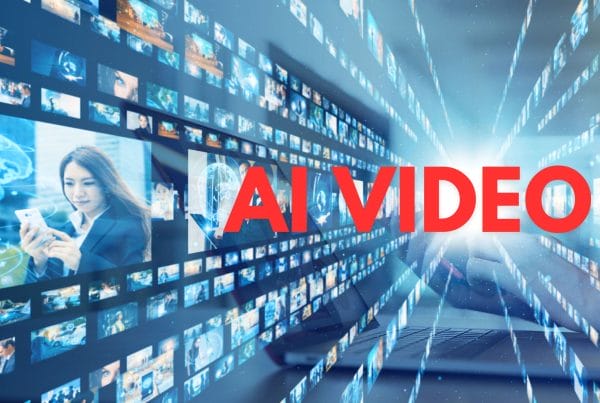No, ChatGPT is not plagiarism as it does not directly take content from other sources. It creates unique text but it does use sources from around the internet as part of its learning so plagiarism is a possibility.
ChatGPT can be detected as A.I content however and we at Winston AI have created the most accurate tool(99.98% accuracy rate) to check if a piece of content was created by A.I.
Try our AI detection and Plagiarism tool here.
Let’s get deeper into this question now
Testing ChatGPT for plagiarism
Let’s ask ChatGPT to write an essay and test it out on our plagiarism and AI detector.

Great, so now we have some content produced by ChatGPT, I can use Winston AI to test it for plagiarism.

Don’t forget to turn on the plagiarism!
Let’s look at the results of our test now.

Interestingly, Winston AI found one instance of Plagiarism in this text, but this really doesn’t count as being counted as a plagiarized text.
Let’s test another text:

This time, I asked ChatGPT for an essay about the history of Japan.
As you can see our tool Winston AI correctly analysed this text as AI content and with zero plagiarism.

As you can see from these results, using ChatGPT is usually not plagiarism but there may be some instances where a text may appear as a plagiarized text.
Let’s learn more about these new technologies and how they are impacting education.
What is ChatGPT?
ChatGPT is an AI language model developed by Open AI. It is designed to generate human-like responses to natural language prompts.
ChatGPT uses deep learning algorithms to analyze vast amounts of text data and generate responses that are similar to those that a human might produce.
What is Plagiarism?
Plagiarism is when you use someone else’s work without proper attribution or permission. In the context of academic writing, plagiarism is a serious offense that can result in disciplinary action or even expulsion.
Plagiarism can take many forms, from copying and pasting text from a source without citation to paraphrasing someone else’s work without giving credit.
ChatGPT and Academic Integrity
ChatGPT has taken the world by storm since its introduction in November 2022.
While the technology has many potential benefits, such as saving time and increasing accessibility, it also raises concerns about academic integrity.
ChatGPT in Schools
As teachers and schools increasingly rely on technology to enhance learning, ChatGPT has become a popular tool for generating essay responses to prompts.
Students may use the chatbot to cheat by submitting responses generated by ChatGPT as their own work.
This obviously ends up in many hours wasted as educators correct work written by ChatGPT
AI Detection Tools
To ensure academic integrity, teachers and schools should educate students about the dangers of using ChatGPT to cheat.
They should also use plagiarism and AI detection software, such as Winston AI, to show which text was written by an AI tool and which was written by a person. .
While ChatGPT is capable of generating accurate and coherent responses, it is not perfect.
Ethical Considerations of Using ChatGPT
When it comes to using ChatGPT, several ethical considerations should be taken into account.
In particular, the issues of copyright and originality are two key areas that need to be addressed.
ChatGPT and Copyright
One of the main concerns when it comes to using ChatGPT is the issue of copyright.
While the AI may be generating the text, the sources that it uses to generate that text may be protected by copyright.
To mitigate this risk, it is recommended that any text generated by ChatGPT be checked for potential copyright infringement before it is used or published. This can be done by running the text through a plagiarism checker or by consulting with a legal expert.
We are still at a point in time where we don’t really know how the courts will react to AI tools so we will have to wait and see.
ChatGPT and Originality
Another concern when it comes to using ChatGPT is the issue of originality. While the AI may be generating the text, there is a question of whether or not that text can be considered truly original. After all, the AI is drawing on a vast database of information to generate its output.
To address this issue, it is recommended that any text generated by ChatGPT be reviewed for originality before it is used or published. This can be done by running the text through a plagiarism checker or by consulting with a writing expert.
What are AI Detection tools?
AI content detection tools are tools that use machine learning to check whether a piece of text was written by an AI tool or a if it was human written.
Our tool Winston AI has a 99.98% accuracy rate when detecting AI content.

Try our AI detection and Plagiarism tool here.
Frequently Asked Questions
Plagiarism checkers use algorithms to compare submitted content against a database of existing content. ChatGPT uses machine learning algorithms to generate unique content, which can make it difficult for plagiarism checkers to detect similarities between ChatGPT-generated content and existing content.
However, some plagiarism checkers are starting to incorporate machine learning algorithms to better detect similarities in content generated by AI tools like ChatGPT.
To ensure that your ChatGPT-generated content is not flagged as plagiarism, it is important to properly cite any sources used in your research and to ensure that your content is unique. You can also use plagiarism checkers to check your content before submitting it.
Universities are becoming increasingly aware of the use of AI tools like ChatGPT for writing assignments. Some universities are using plagiarism checkers that are specifically designed to detect content generated by AI tools like ChatGPT. Additionally, universities may require students to sign an academic integrity agreement that prohibits the use of AI tools for writing assignments.
ChatGPT itself is not considered a form of plagiarism, as it is simply a tool that can be used to generate content. However, if ChatGPT-generated content is submitted without proper citation or if it is used to replace original work, it can be considered plagiarism.
Some plagiarism checkers are starting to incorporate machine learning algorithms to better detect similarities in content generated by AI tools like ChatGPT.
Additionally, universities may require students to sign an academic integrity agreement that prohibits the use of AI tools for writing assignments.
It is important for users of ChatGPT to properly cite any sources used in their research and to ensure that their content is unique to avoid any potential plagiarism issues.


